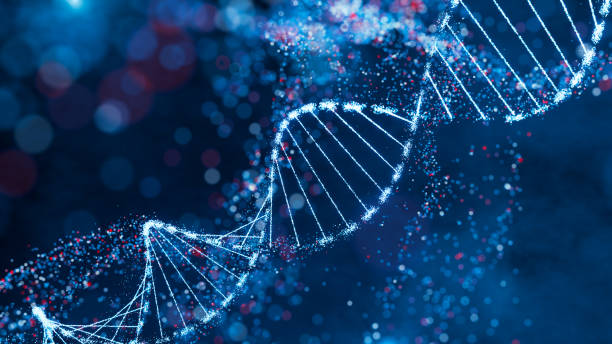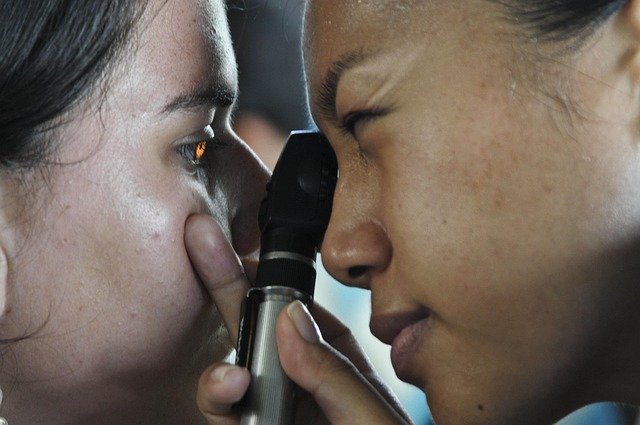Demystifying Epigenetics: How Lifestyle Choices Influence Your Genes
In the realm of health and wellness, we constantly hear about the role of genetics in our health, but have you ever wondered how your everyday choices can actually influence your genes? Enter the fascinating world of epigenetics, a rapidly evolving field that is redefining our understanding of health and disease.

A Brief History of Epigenetics
Epigenetics isn’t a new concept, but it has gained significant attention in recent years. It stems from the Greek word ‘epi,’ which means ‘above’ or ‘beyond.’ When combined with genetics, it refers to external modifications that turn genes on or off without changing the DNA sequence. These modifications are influenced by various factors like diet, stress, exercise, and even our thoughts.
The field of epigenetics started to take shape in the 1940s, with scientist Conrad Waddington coining the term. However, it was not until the Human Genome Project in 2003 that we began to understand the immense complexity of epigenetic processes and their impact on human health.
Current Trends in Epigenetics Research
As our understanding of epigenetics deepens, it’s becoming clear that our lifestyle choices have a profound impact on our health at a genetic level. For instance, studies have indicated that regular exercise can cause beneficial epigenetic changes, potentially lowering the risk of diseases like cancer and heart disease.
Similarly, research has shown that nutrition plays a significant role in epigenetic modifications. For instance, foods rich in folate, a B-vitamin, can influence gene expression and potentially protect against certain types of cancer.
The Science Behind Epigenetics and Wellness
Epigenetic changes are reversible, which is encouraging news. It means that making positive lifestyle changes can potentially reverse harmful epigenetic modifications. This gives us a degree of control over our health that we may not have thought possible.
However, it’s important to note that while the potential of harnessing epigenetics for health is exciting, it’s still a relatively new field. More research is needed to fully understand the complex interactions between our lifestyle choices and our genes.
Epigenetics: The Good, The Bad, and The Science
While the prospect of controlling our genes through lifestyle choices is empowering, it’s essential to approach it with a balanced perspective. On one hand, understanding epigenetics can inspire us to make healthier choices, knowing they can literally change our genes for the better.
On the other hand, it’s important to remember that epigenetics doesn’t give us total control over our health. Genetic predispositions still play a significant role, and some conditions are largely out of our control.
Intriguing Epigenetic Findings
- Studies suggest that meditation can cause epigenetic changes, reducing the expression of genes associated with inflammation.
- Early life experiences, including stress and trauma, can cause epigenetic changes that impact mental health later in life.
- Certain foods, including green tea and broccoli, have been shown to influence epigenetic processes.
- Epigenetic changes can be passed down from one generation to the next, although the mechanisms are not fully understood.
In conclusion, the world of epigenetics offers a fresh perspective on health and wellness, shedding light on how our daily choices can influence our genes. While the science is still evolving, one thing is clear: our lifestyle choices matter, not just for our immediate health, but potentially for the health of our genes as well. As we continue to learn more about this fascinating field, we may uncover even more ways to positively influence our health through epigenetics.




